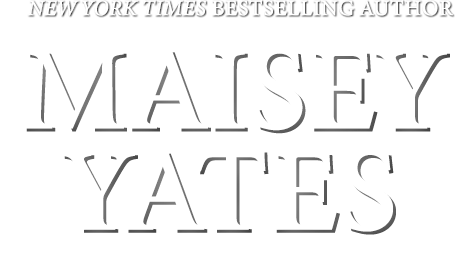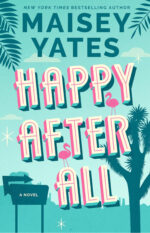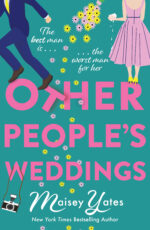Internal Conflict, A Subject on Which I am No Expert
So I’m working very hard on this internal conflict thing, something I hadn’t given a lot of thought to prior to submitting my first MS to M&B.
Of course, when the revision letter came back ‘less external conflict, more internal’ I had to figure that out real quick.
I think Michelle Willingham summed it up perfectly when she said this on the subject: …
“Emotion is what forms the backbone of the romance. You have to be able to remove every external conflict and still have a compelling reason for the hero and heroine to be conflicted.
If the hero is a damaged man, who’s never been loved, he’ll be suspicious of the heroine’s efforts to love him. He’ll draw false conclusions and he’ll fight against his own feelings for fear of being hurt. As the book progresses, you play on those fears, and at the end, he should face his greatest fear (loving the heroine and almost losing her).
The heroine might be someone who isn’t afraid of love, but maybe she’s made bad choices. Maybe she thinks she’s not good enough for the hero (Cinderella story). The more she tries to get close to him, the more he pushes her away(that plays on her feelings of insecurity and being not good enough)
You use the external conflict to push them into the wall, to face those tough emotions. Make ’em bleed.”
The internal conflict is all about what keeps the hero and heroine apart. Sure, there are external forces at work such as a marriage of convenience for the sake of the hero’s business, or an unintended pregnancy, but in the end, the reasons for the h and H for being apart, or not falling in love, have to come from within.
It’s so frustrating to read a romance where the whole conflict could have been solved through a conversation. Say the ex of the hero shows up, telling the heroine what a cad the hero is, how he left her pregnant and destitute, then forced her to have an abortion, so the heroine leaves, that was an external force. The issue the heroine has with the hero has come from somewhere else.
In contrast, say you take that same heroine, same situation. Take out the plot device, i.e the crazy ex, and ask what the heroine’s deeper issues are. What if she’s frightened of being with a man, loving a man, who doesn’t love her. She watched her own mother self destruct as a result of her father’s indifference and she knows she can’t allow herself to suffer the same way. Even if she is carrying his baby. So she leaves.
In that case, the problem is not so easily solved, and we stay away from the simple solution of ‘but, darling, that’s just not true!’
‘oh, okay!’
The end.
It’s always better when the journey to “The End” is centered on the journey and growth of the characters, and to really accomplish that, the conflict has to be internal.
I’ll let you know when I master it. 🙂
Maisey







